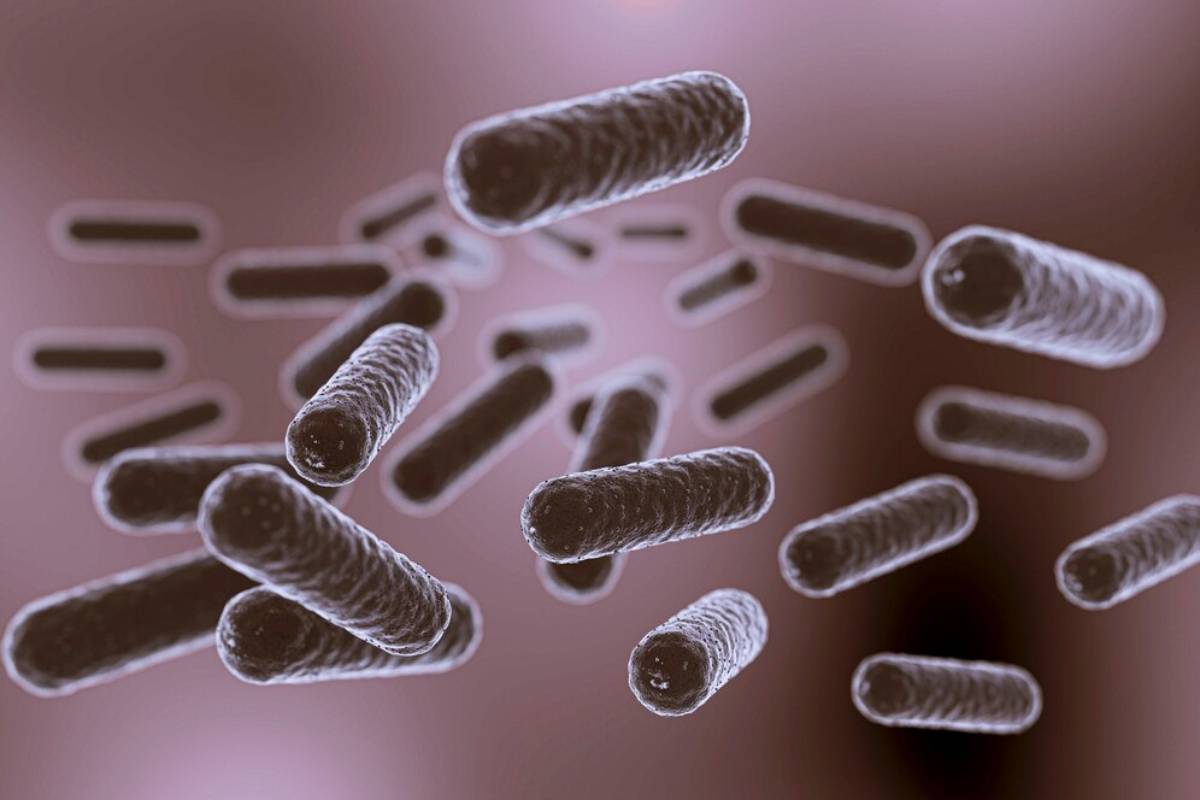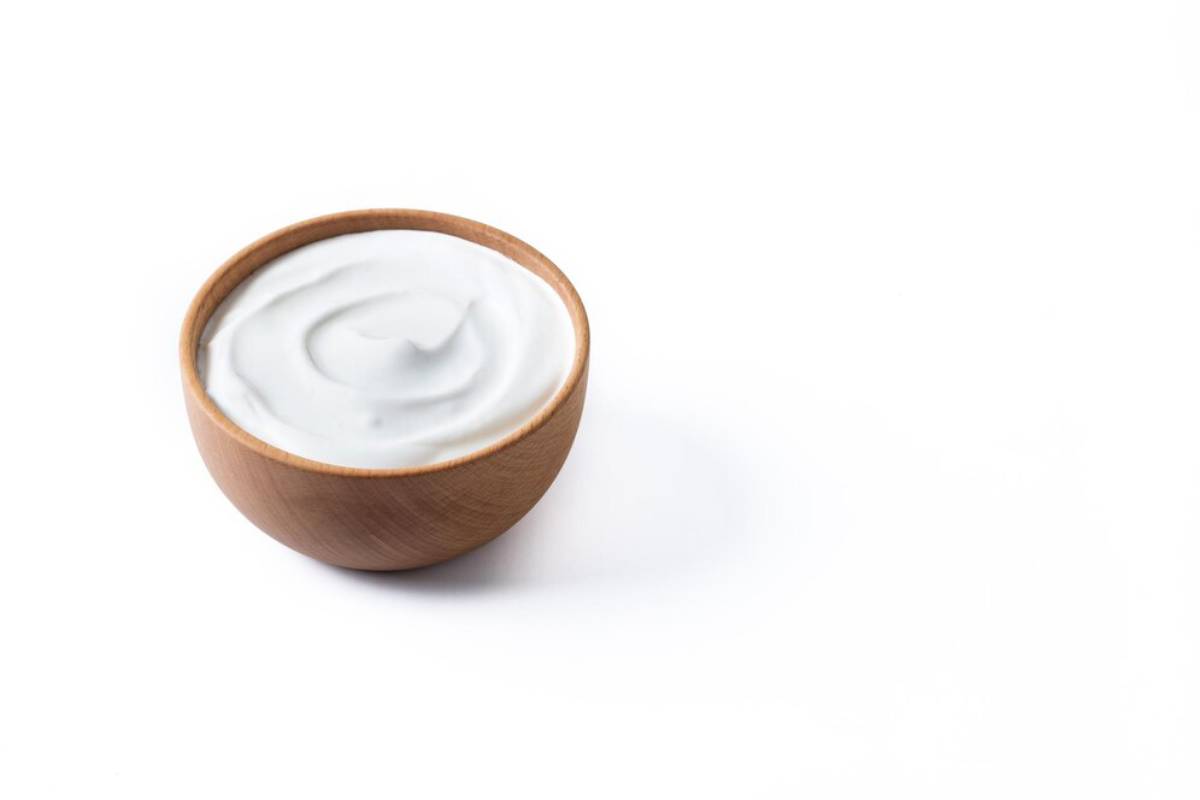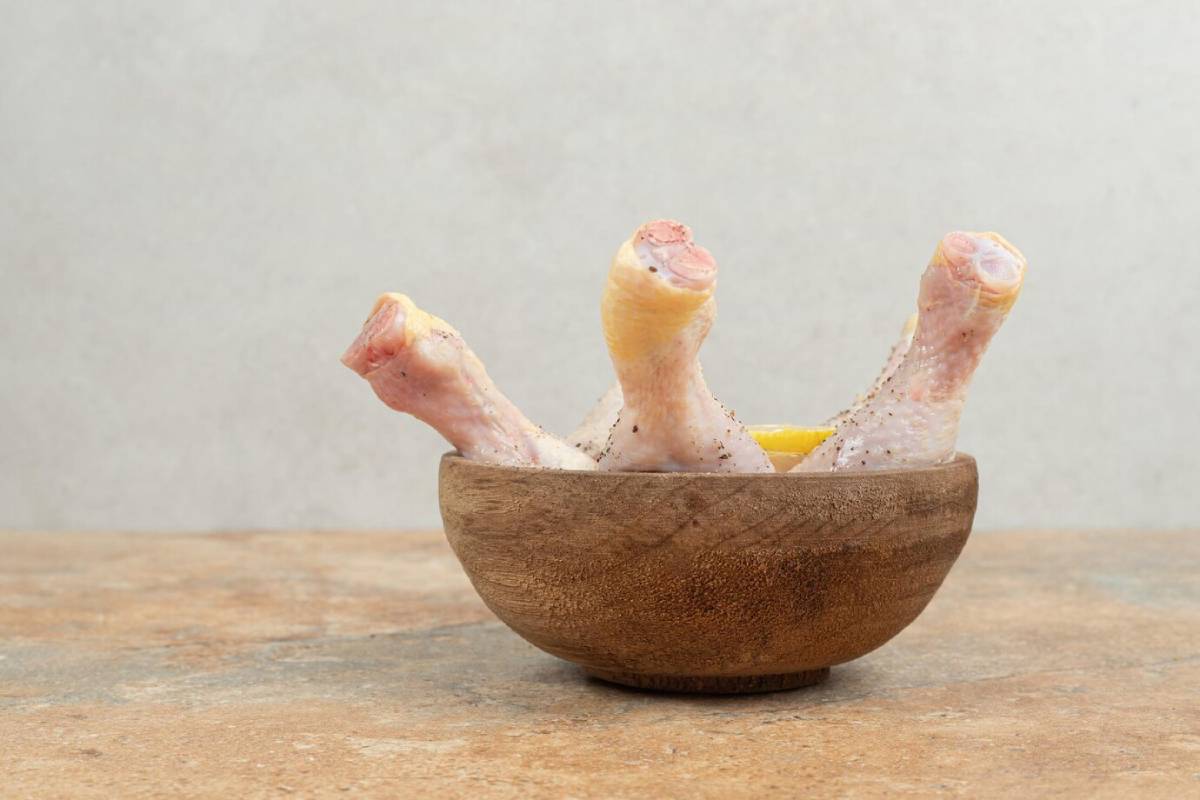
Probiotics and Prebiotics: Supporting Digestive Health
Ever notice your dog having tummy troubles after altering their food or in times of stress? Dogs, just like us, have sensitive digestive systems tied to a balance between good and bad gut bacteria. Whether your pup eats kibble or home-cooked meals, adding probiotics and prebiotics can help their digestion.
This post explores probiotics and prebiotics for dogs. It explains what they are, why they matter, and offers tips for including them in a balanced homemade diet. We’ll talk about natural sources, dosage tips and pitfalls. By the end, you’ll feel confident about supporting your dog’s digestive system.
So, if you want to enhance your dog’s digestion and immunity through better nutrition, you’re in the right place.
Understanding the Basics
What Are Probiotics?

Probiotics are live microorganisms, mostly good bacteria. They help your dog’s digestive health by balancing gut flora. They help keep harmful bacteria in check.
These beneficial bacteria naturally live in your dog’s intestines and play key roles in:
- Digesting food
- Absorbing nutrients
- Preventing diarrhea
- Supporting the immune system
Stress, illness, or antibiotics can wipe out these good bacteria, leading to digestive issues. Probiotics or probiotic-rich foods can help restore balance.
What Are Prebiotics?
Prebiotics are not bacteria. They are types of dietary fibre that feed the probiotics already in your dog’s gut. Think of them as food for your dog’s internal garden.
Common prebiotics include:
- Inulin
- Fructooligosaccharides (FOS)
- Galactooligosaccharides (GOS)
Prebiotics are found in many everyday foods and work with probiotics to promote a healthy digestive environment.
Why Probiotics and Prebiotics Matter for Dogs
Benefits of Probiotics for Dogs
Here are some proven benefits of adding probiotics to your dog’s diet:
- Improved digestion – Helps break down food and reduce bloating.
- Healthier stools – Reduces diarrhoea and constipation, especially during diet changes.
- Stronger immunity – About 70% of a dog’s immune system is in the gut.
- Better nutrient absorption – Maximises the benefits of every bite.
- Reduced allergy symptoms – A balanced gut can improve skin and coat health.
A 2020 study in Veterinary World found that dogs taking daily probiotic supplements had better stool quality. They also had less flatulence after six weeks.
Benefits of Prebiotics for Dogs
Prebiotics also offer important benefits:
- Fuel for gut bacteria – Keeps probiotics alive and thriving.
- Better calcium absorption – Great for puppies and senior dogs.
- Support for colon health – Helps reduce inflammation in the digestive tract.
- Consistent bowel movements – Ideal for sensitive stomachs.
These two components work together for powerful digestive health.
Natural Sources of Dog Probiotics and Prebiotics
Dog-Safe Foods Rich in Probiotics

If you’re feeding a homemade diet, consider adding these probiotic-rich foods in moderation:
- Plain kefir or yoghurt (unsweetened and lactose-free if possible): Great starters.
- Fermented vegetables (like sauerkraut—without onions or garlic): A spoonful goes a long way.
- Goat’s milk: Packed with probiotics and easier to digest than cow’s milk.
- Probiotic supplements: Look for strains like Lactobacillus acidophilus, Bifidobacterium animalis, and Enterococcus faecium.
Tip: Always introduce probiotics slowly to avoid stomach upset.
Foods That Are Natural Prebiotic Sources
These ingredients can easily mix into your dog’s meals:
- Chicory root – One of the richest sources of inulin.
- Bananas – Ripe bananas are gentle and naturally prebiotic.
- Oats – Contain beta-glucans that feed gut bacteria.
- Pumpkin – Great for digestion and bowel regularity.
- Apples (without seeds) – Contain pectin, a powerful prebiotic fibre.
Prepare all these foods plainly, in dog-safe portions, and introduce them gradually.
Choosing the Right Supplements
How to Choose a Probiotic Supplement for Your Dog
Not all supplements are the same. Here’s what to look for:
- Dog-specific strains – Choose strains tested for canine digestion.
- CFU count – Aim for 1–10 billion CFU (colony-forming units) per dose.
- Stability – Look for shelf-stable strains that don’t require refrigeration.
- Additive-free – Avoid artificial flavours, preservatives, or sweeteners.
Best Time to Use Probiotics
Dogs can benefit from probiotics:
- During and after antibiotic treatments
- During stressful times (like moving or boarding)
- When changing diets
- For chronic digestive issues
Probiotics aren’t just for sick dogs—they’re great for prevention, too.
Practical Tips for Homemade Dog Food Additions
How to Incorporate Probiotics and Prebiotics into Meals
Here’s how to make these digestive boosters part of your routine:
- Morning toppers: Add a spoonful of plain kefir or goat’s milk to breakfast.
- Mix-ins: Stir in pumpkin or banana with your dog’s evening meal.
- Frozen treats: Blend probiotic-rich foods into frozen moulds for summer snacks.
- Supplement powders: Sprinkle over meals—many are flavourless and easy to hide.
Remember: Always consult your vet, especially if your dog has health issues or is on medication.
What to Watch Out For
Potential Side Effects
While generally safe, some dogs may experience:
- Loose stools
- Gas
- Temporary bloating
Start with small amounts and monitor closely.
When Not to Use Probiotics
Probiotics may not be suitable for:
- Dogs with compromised immune systems
- Dogs on immunosuppressive therapy
- Dogs with acute pancreatitis
In these cases, always consult your vet before adding new supplements.
Real-Life Example: From Upset Stomach to Balanced Belly
When Sarah adopted her rescue spaniel, Max, he had more than emotional baggage—his tummy was a mess. Loose stools were common, and he struggled to gain weight. After starting a fresh homemade diet and adding a probiotic with pumpkin puree and kefir, things changed. Within a month, Max’s digestion improved, his coat shone, and he had plenty of energy.
Max’s story shows how supporting your dog’s gut health can be life-changing.
A Happier Gut Means a Happier Dog

Helping your dog’s digestion with probiotics and prebiotics is not just a trend. It’s a proven method to increase their health and comfort. Selecting the best dog probiotics and including natural prebiotic foods helps your dog flourish. Plus, by observing their reactions, you support their health from the inside out.
Whether you’re new to making dog food or a pro, adding these digestive health supplements is easy and effective. Start small, stay consistent, and don’t hesitate to try what works best for your pup.
Now it’s your turn—have you tried probiotics or prebiotics in your dog’s diet? What changes did you notice? Share your experience in the comments or pass this along to a fellow dog lover who wants the best for their furry friend.


